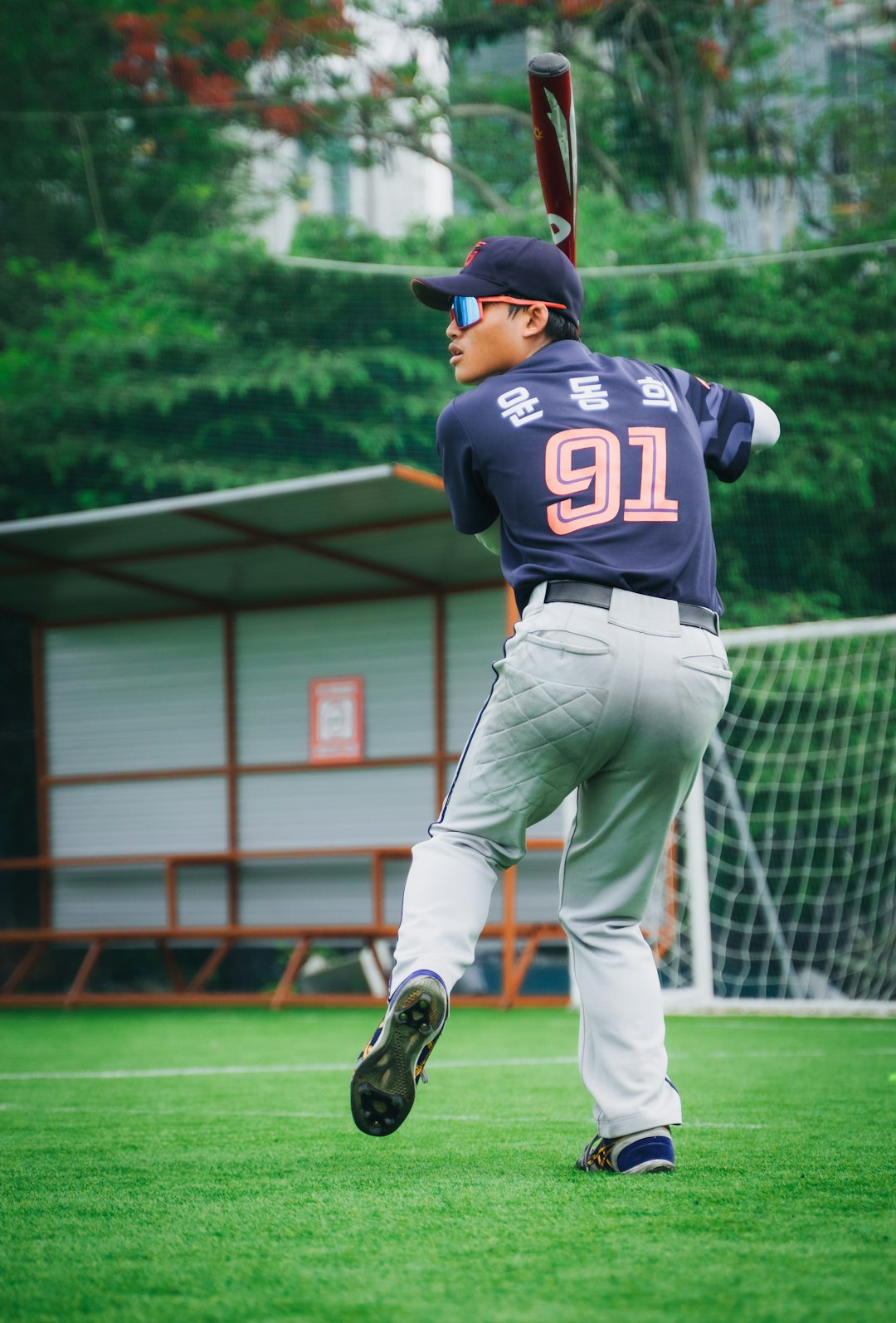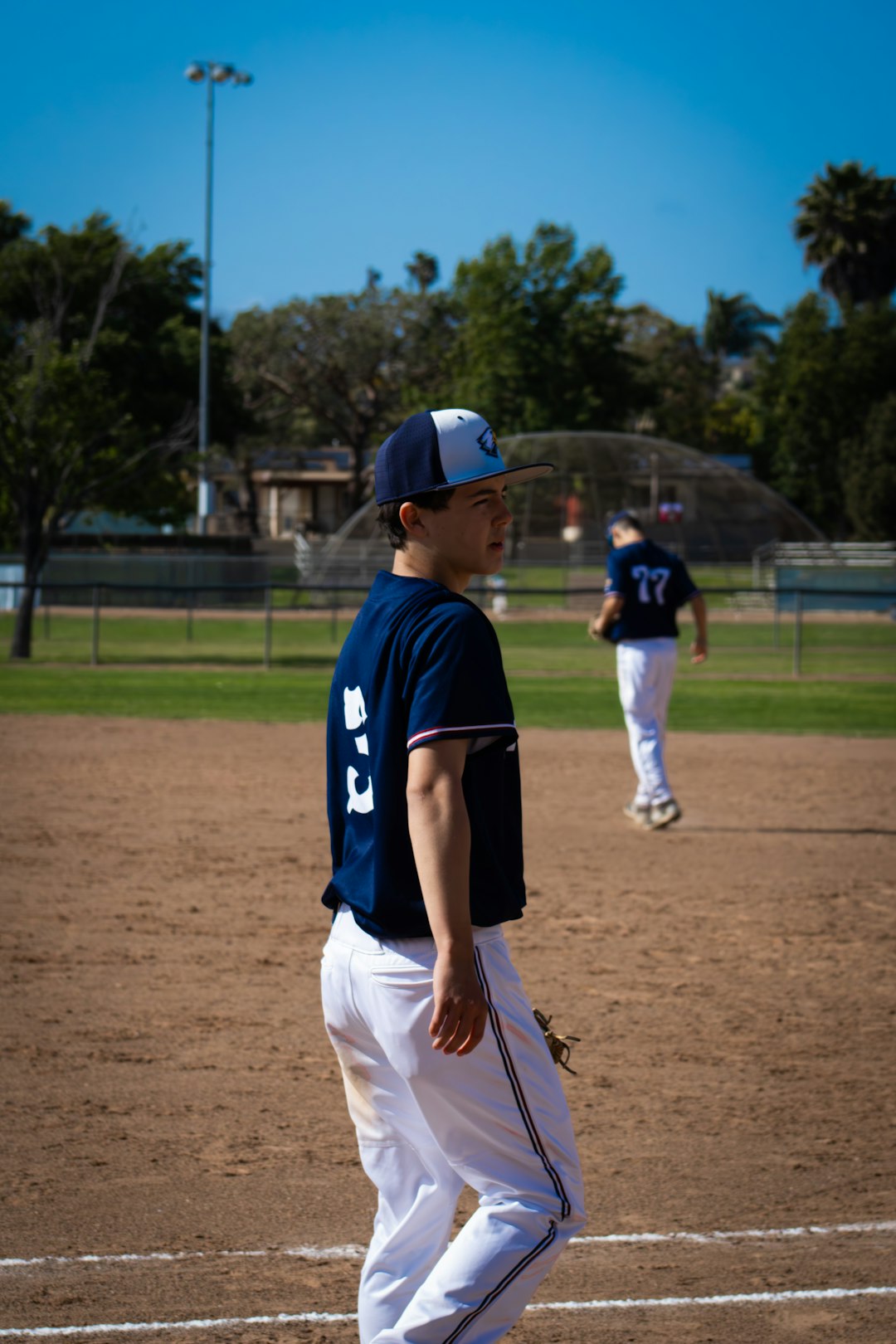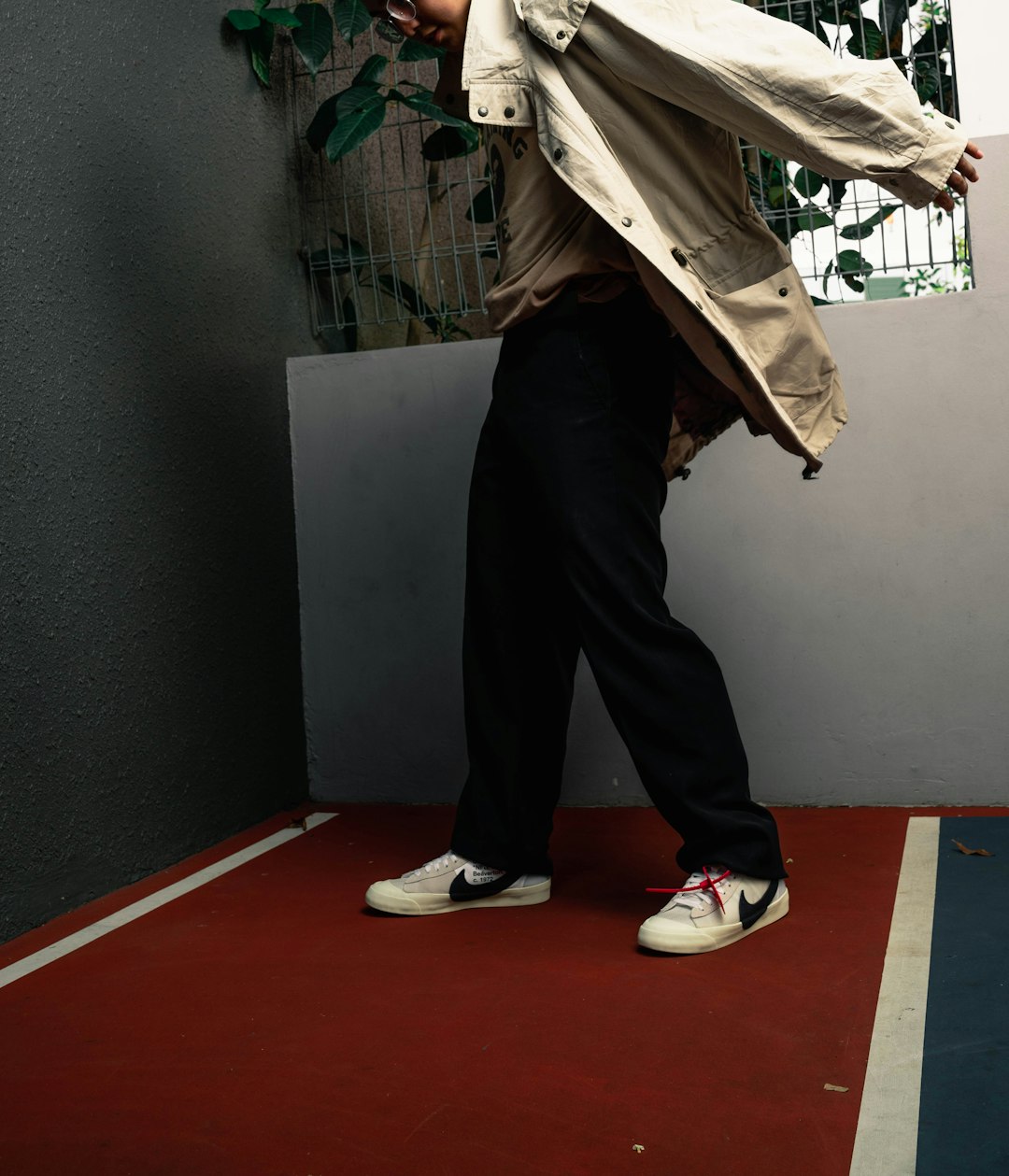Baseball has long been one of Japan’s most cherished sports, and over the decades, the country has produced a number of extraordinary talents who have left an indelible mark on the game. Among these, several players from Nippon Professional Baseball (NPB) have made the leap across the Pacific to Major League Baseball (MLB), where they’ve gone on to establish themselves as world-class athletes. Their transition hasn’t just been a testament to their own skill and determination, but it has also bridged cultures and connected the baseball worlds of Japan and the United States.
This article explores the career highlights of some of the best NPB players who successfully transitioned to MLB, leaving behind a legacy and redefining the international nature of the sport.
1. Ichiro Suzuki
Arguably the most successful Japanese player to ever set foot in MLB, Ichiro Suzuki redefined what it meant to be a contact hitter. After dominating the NPB with the Orix BlueWave, Ichiro made his MLB debut in 2001 with the Seattle Mariners. He wasted no time making history, becoming the American League MVP and Rookie of the Year in the same season.
Ichiro’s exceptional ability to get on base, combined with his defensive prowess and charisma, made him a fan favorite. Over the course of his MLB career, he recorded an astonishing 3,089 hits, on top of over 1,200 hits in Japan, giving him a combined professional hit total that surpassed Pete Rose’s record.

2. Shohei Ohtani
Dubbed the next Babe Ruth, Shohei Ohtani has been a generational talent who stunned both Japanese and American baseball fans with his versatility. Joining the Los Angeles Angels in 2018 after playing for the Hokkaido Nippon-Ham Fighters, Ohtani brought with him an unprecedented two-way skill set—blazing fastballs from the mound and moonshot home runs at the plate.
In 2021, Ohtani achieved something no player had done in decades. He hit over 45 home runs while also maintaining a solid ERA as a starting pitcher. He went on to win the American League MVP and has been a pivotal figure in growing baseball’s international appeal.
3. Hideo Nomo
Hideo Nomo was more than just a star pitcher; he was a pioneer. Before Nomo, very few Japanese players had made the jump to MLB. Debuting with the Los Angeles Dodgers in 1995 after a successful stint with the Kintetsu Buffaloes, Nomo brought his unique “tornado” delivery style to the big leagues and took the mound by storm.
He won the National League Rookie of the Year in his debut season and threw two no-hitters during his MLB career—a feat that further cemented his legacy both in the U.S. and Japan.

4. Yu Darvish
Yu Darvish emerged from the NPB as one of the most talented and adaptable pitchers of his generation. Having played for the Hokkaido Nippon-Ham Fighters, Darvish made the move to MLB in 2012 with the Texas Rangers. With an impressive repertoire of pitches and high strikeout rates, he quickly became a dominant force on the mound.
Though he has played for several teams including the Chicago Cubs and San Diego Padres, Darvish has consistently delivered elite-level performances and has been selected to multiple All-Star games. His longevity and sustained success speak volumes about his work ethic and talent.
5. Masahiro Tanaka
Coming off a legendary 24–0 season with the Tohoku Rakuten Golden Eagles, Masahiro Tanaka entered MLB with significant expectations. He joined the New York Yankees in 2014 amid fanfare and media attention. Tanaka immediately lived up to the hype, making an All-Star appearance in his debut season.
Known for his devastating splitter and post-season accuracy, Tanaka carved out a reliable and respectable career with the Yankees before returning to Japan. His time in MLB not only underscored his skill but also made him one of the most respected Japanese pitchers internationally.
6. Hideki Matsui
Nicknamed “Godzilla” for his powerful bat, Hideki Matsui transitioned from the Yomiuri Giants to the New York Yankees in 2003. A consistent offensive force, Matsui was instrumental in helping the Yankees secure their 2009 World Series title, for which he was named the World Series MVP.
His poise under pressure and adaptability made him not just a star in Japan but a beloved player in New York and beyond. Matsui finished his MLB career with over 175 home runs and remains one of the best Japanese hitters in MLB history.

7. Kenta Maeda
Kenta Maeda made his MLB debut in 2016 with the Los Angeles Dodgers after an impressive career with the Hiroshima Toyo Carp in NPB. Known for his control and pitch variability, Maeda proved to be a consistent and effective starter in MLB, eventually becoming a Cy Young Award finalist with the Minnesota Twins in 2020.
While he may lack the star power of his contemporaries, Maeda’s technical precision and reliability on the mound make him a standout among Japanese pitchers who’ve moved to the U.S.
Honorable Mentions
- Kazuo Matsui – The first Japanese infielder to hit a home run in his first MLB at-bat.
- Koji Uehara – A vital closer for the Boston Red Sox during their 2013 World Series title run.
- Hisashi Iwakuma – Threw a no-hitter and was a stable pitcher during his time with the Seattle Mariners.
FAQ
Q: Who was the first Japanese player to play in MLB?
A: The first Japanese-born player in MLB was Masanori Murakami, who debuted with the San Francisco Giants in 1964. However, Hideo Nomo is often credited with paving the way for modern Japanese players in the league.
Q: What makes Japanese pitchers so effective in MLB?
A: Japanese pitchers often employ unique pitching motions, an extensive variety of pitch types, and exceptional control. They are also known for their rigorous training regimens and high baseball IQ.
Q: Has a Japanese player ever won a Cy Young Award?
A: As of now, no Japanese player has won the Cy Young Award, though several—such as Yu Darvish and Kenta Maeda—have been strong contenders and finalists.
Q: Will we see more Japanese players in MLB?
A: Absolutely. With the increasing visibility of Japanese baseball and successful examples like Ichiro and Ohtani, MLB scouts are actively following NPB prospects. Future stars are likely to continue making the jump to the American league.
In conclusion, Japanese players have brought a rich mix of tradition, skill, and passion to MLB. As more talents emerge from Nippon Professional Baseball, the bridge between the two baseball cultures will only grow stronger, benefiting the global appeal of the sport.
